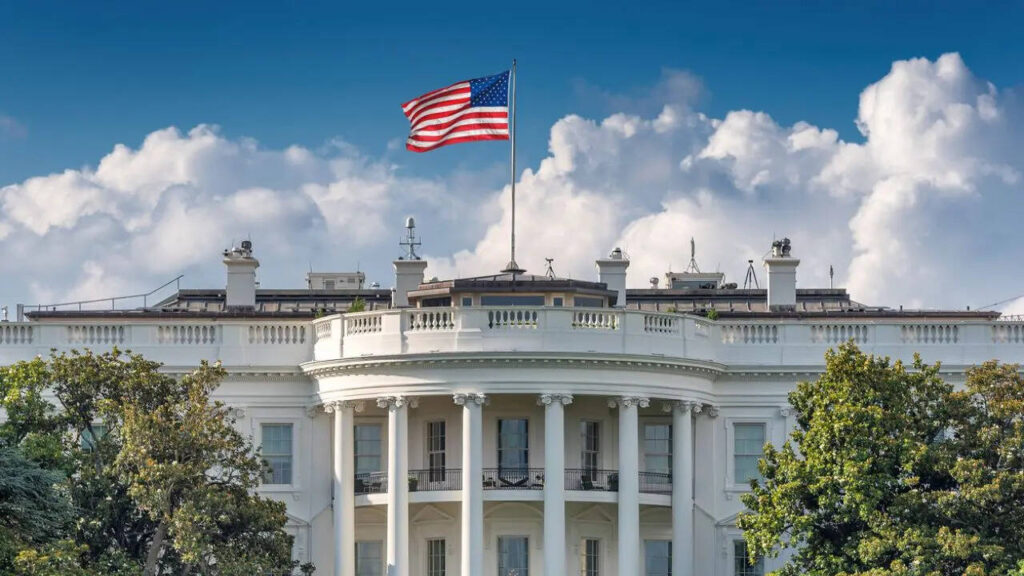US government has shut down for first time since 2019 after Senate deadlock.
Photo : iStock
For the first time in nearly seven years, the United States government will enter a shutdown beginning at 12:01 a.m. ET on October 1, 2025, after the Senate failed to advance either of two competing short-term funding bills. The collapse of negotiations underscored deep partisan fissures, with both Republicans and Democrats trading blame as federal agencies brace for immediate disruption.
The deadlock was cemented on September 30, when the Senate voted 55-45 in favour of a Republican-backed continuing resolution passed earlier by the House. The bill, however, fell short of the 60 votes needed to overcome a filibuster, effectively killing the proposal. Senate Majority Leader John Thune (R-SD) accused Democrats of “hostage-taking” over their demands for healthcare protections, telling colleagues on the floor, “This is the Schumer shutdown.”
Senate Minority Leader Chuck Schumer (D-NY) rejected that characterisation, arguing that Republicans had “hijacked” negotiations with partisan riders. Appearing on NBC’s Meet the Press, Schumer said, “We need a serious negotiation, not one-party ultimatums.”
President Donald Trump, who presided over the last shutdown in 2018-2019, convened congressional leaders at the White House on September 29 in a final attempt at compromise. But the meeting quickly devolved into recriminations. According to aides present, Trump criticised Democrats for blocking what he described as a “clean” extension, while Democrats countered that the bill contained hidden cuts to Medicaid and foreign aid.
Votes Today Seal the Deal – Senate’s Dual Failures and Blame Barrage
The Republican bill, formally designated H.R. 5371, sought to extend funding into December while advancing GOP priorities. Despite support from three Democrats—Sen. John Fetterman (PA), Sen. Catherine Cortez Masto (NV), and independent Sen. Angus King (ME)—the measure was blocked under the chamber’s cloture rule.
Democrats had introduced their own alternative, a one-month extension until October 31 that preserved Affordable Care Act subsidy protections. That plan failed 47-53 along party lines after a Republican filibuster. Sen. Rand Paul (R-KY) opposed both proposals, citing what he called “fiscal irresponsibility.”
On the House side, Speaker Mike Johnson (R-LA) accused Democrats of prioritising politics over governance. Speaking to CNN, Johnson warned, “Their demands are outrageous and their obstruction is harming government workers and Americans who rely on these services.”
Progressive Democrats, led by Sen. Elizabeth Warren (D-MA), staged an online rally throughout the day, accusing Republicans of pushing “MAGA cuts to healthcare.” In contrast, conservative figures such as former Trump adviser Stephen Miller used social media to accuse Democrats of “choosing criminal aliens over citizens.”



